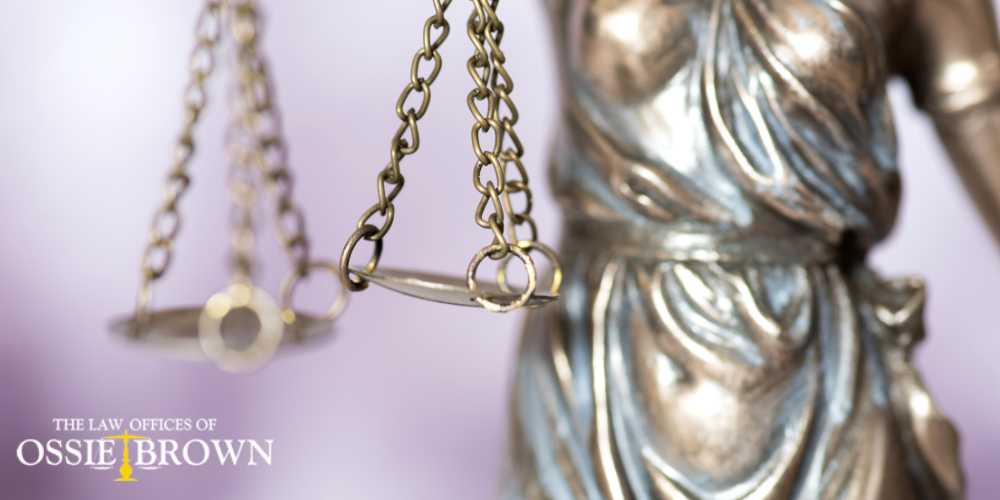At the Law Offices of Ossie Brown, we often address concerns about whether a grand jury indictment in Louisiana leads directly to jail time. An indictment is a formal accusation made by a grand jury, stating that there is enough evidence for a criminal charge. While grand jury indictments are a serious step in felony cases, being indicted in a criminal case does not mean you will immediately go to jail. Instead, it signifies the beginning of formal criminal charges being filed, particularly in cases involving felony offenses. If you are facing indictment or have been arrested for a crime, it is crucial to engage a knowledgeable Baton Rouge criminal defense lawyer who can effectively defend your rights and work towards the best possible outcome in your criminal case.
Contact the Law Offices of Ossie Brown at (225) 343-1111 to ensure your rights are protected and to navigate the complexities of the legal system effectively.
What is a Grand Jury Indictment?
A grand jury indictment is a critical legal process where a grand jury determines if there is enough evidence or sufficient evidence for criminal charges.
What does it mean to be indicted?
In the indictment process, the prosecutors present evidence, and grand juries decide if there is probable cause to believe that crimes were committed. If grand juries find there is enough evidence, they issue a true bill, or a grand jury indictments. Following an indictment or true bill, the accused may be arrested and brought before a court. Depending on the nature of the felony charges, the court may set bail for the release of the accused while awaiting trial.
A grand jury hearing is similar to a regular trial. The big difference is that the defendant or defense attorney is not in the grand jury hearing.
For further guidance on navigating grand jury indictments, contact the Law Offices of Ossie Brown at (225) 343-1111.
What Happens After an Indictment in Louisiana?
After a grand jury indictment in Louisiana, the defendant is formally charged and arraigned in court, where they plead guilty or not guilty and are informed of their rights, including the right to a speedy trial and the right against self-incrimination under the Fifth Amendment.
The criminal case then moves to the regular trial process, where both the prosecution and defense present evidence and arguments before a judge and jury. The prosecution, led by the district attorney or prosecutors aims to prove guilt beyond a reasonable doubt, while the defendant and his or her attorney challenges that there is enough evidence for a conviction and advocates for the defendant’s innocence. Evidence can include witness testimony, circumstantial evidence, or even hearsay statements in Louisiana.
The defendant is presumed innocent until proven guilty, and the burden of proof lies with the prosecution to establish guilt.
If the jury finds the defendant guilty beyond a reasonable doubt, a conviction is handed down, and the defendant may face penalties such as imprisonment, fines, or probation, depending on the severity of the felony crime committed. However, if the jury determines that there is not enough evidence, the defendant is acquitted and cannot be retried for the same criminal charge due to double jeopardy protections.
Plea negotiations may also occur, potentially settling the criminal case without a full trial. Throughout these stages, bail considerations may adjust based on the defendant’s flight risk.

What Does it Mean When Someone is Indicted in Jail?
When someone is indicted in jail in Louisiana, it means they have been formally accused of a crime, typically a felony crime, through a grand jury indictment. This is issued by a grand jury based on evidence presented by the prosecutor, indicating that there is sufficient probable cause to believe the accused committed the crime. Following the indictment, the individual will face criminal charges in court, where a preliminary hearing may be held to assess the evidence. Having a criminal defense attorney who understands how Baton Rouge’s legal system works is crucial at this stage to navigate the legal process effectively.
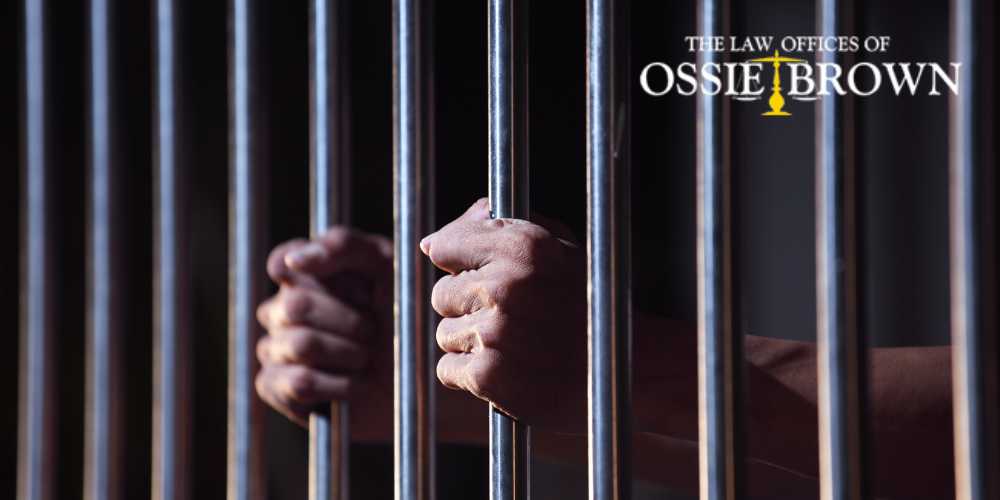
Arrest Warrant vs Grand Jury Indictment
Similar to being detained vs arrested, an arrest warrant and a grand jury indictment represent two distinct legal processes. Warrants, issued by a judge upon probable cause, typically at the behest of law enforcement or a prosecutor, authorize the apprehension of an individual suspected of a crime, marking the commencement of legal proceedings against the individual.
In contrast, a grand jury indictment is a formal accusation issued when there’s enough evidence for criminal charges subsequent to a grand jury’s review of physical or circumstantial evidence or even hearsay statements presented by the district attorney or prosecutor. Unlike warrants, a grand jury indictment necessitates a higher standard, as it indicates the grand jury’s belief in sufficient evidence to support criminal charges, particularly for felony offenses.
An arrest warrant precedes the filing of formal criminal charges, whereas a grand jury indictment follows a thorough examination of evidence by grand juries.
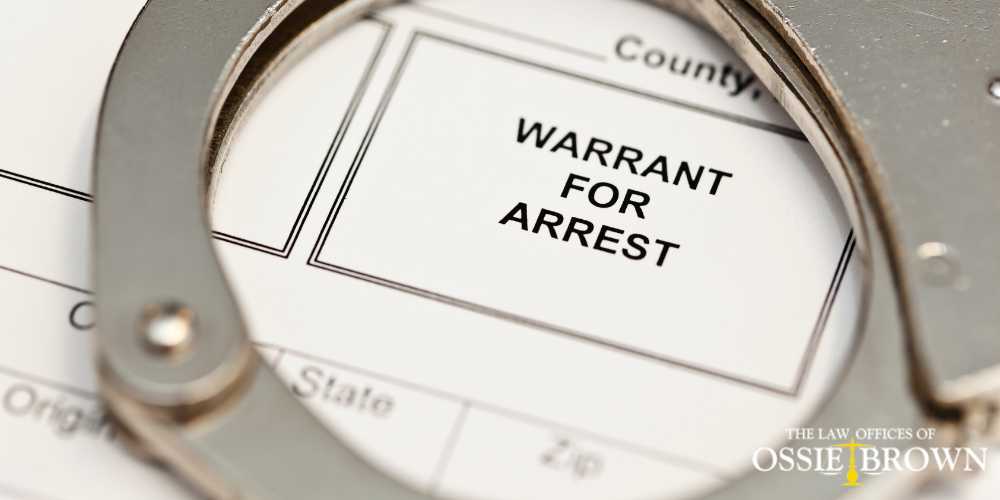
Felony Crimes that Typically Warrant The Grant Indictment Process in Baton Rouge
Felony crimes that typically require the grand jury indictment process include:
- homicide charges in Baton Rouge
- aggravated assault charges in Baton Rouge
- armed robbery charges in Baton Rouge
- burglary charges in Baton Rouge
- kidnapping charges in Baton Rouge
- sexual assault charges in Baton Rouge
- drug trafficking charges in Baton Rouge
- white-collar crimes in Baton Rouge
This is not an exclusive list. There are other felony crimes requiring a thorough review by the grand jury to determine if there is probable cause for formal criminal charges.
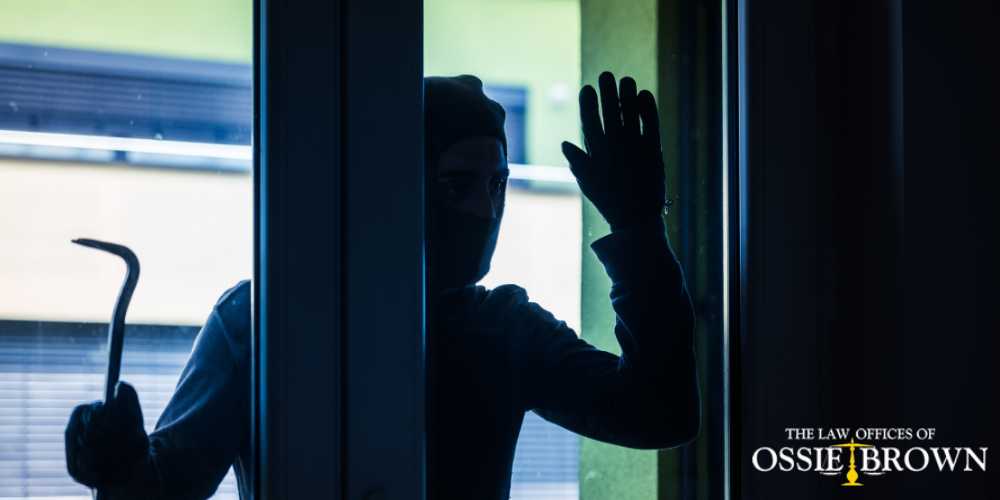
How a Baton Rouge Criminal Defense Lawyer Can Help
A criminal defense attorney plays a pivotal role in aiding individuals confronting grand jury indictments for felony crimes. They offer guidance, safeguard rights, scrutinize evidence, and advocate for clients’ innocence or reduced charges throughout the legal proceedings. By leveraging their knowledge of Louisiana law and how the Baton Rouge legal system works, defense attorneys help clients maneuver the challenges of felony cases and ensure fair treatment according to state law.
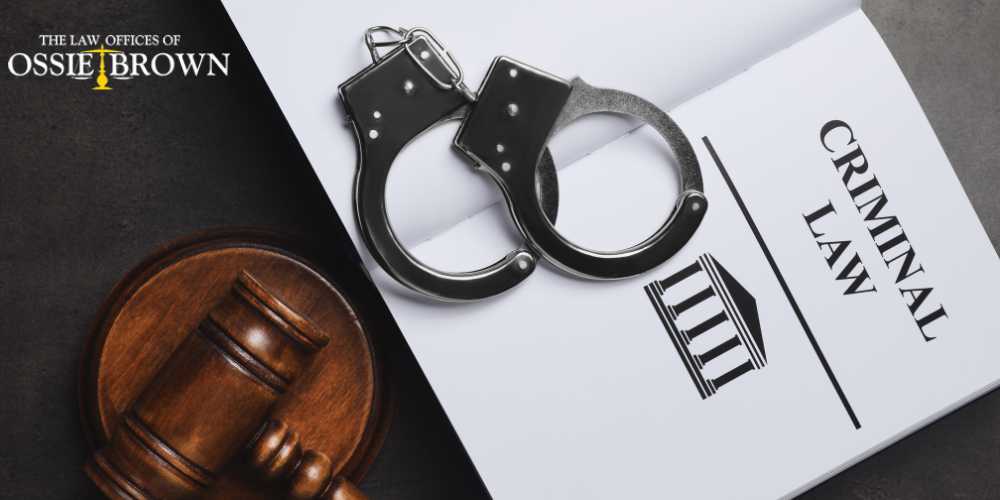
Baton Rouge Criminal Defense Attorney
For individuals facing indictments by grand juries in Louisiana, seeking the assistance of Baton Rouge criminal defense attorneys at the Law Offices of Ossie Brown can make a significant difference. Our attorneys understand the nuances of grand jury hearings and have extensive experience defending clients against criminal charges.
If you’re facing a serious offense or criminal charge, our team is here to provide diligent representation and fight for your rights. Don’t face the challenge of a felony crime alone. Contact us today at(225) 343-1111 or complete our online intake form for a free consultation and personalized legal assistance.

